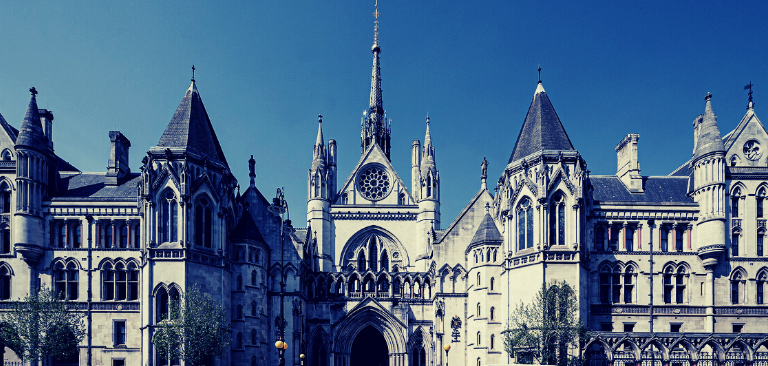Britain’s of late complicated relationship with drawing clear boundaries between criminal behavior and legal, however unsavory, free speech, recently gained some clarity when a court acquitted a woman previously accused and convicted of insulting a trans woman online.
The decision was announced last week, and shared by the defendant, Kate Scottow, on Twitter, where her later criminalized exchanges with Stephanie Hayden originally took place. And now, the judges’ reasoning behind the decision to clear her of any legally punishable wrongdoing has also been made public, revealing that freedom of speech in the UK still means that a person does in fact have the right to verbally offend another.)
“Freedom only to speak inoffensively is not worth having,” justices Bean and Warby, who presided over the appeals case, said in their ruling, that was welcomed by Scottow as sorely needed to confirm that freedom of speech as a fundamental right in a democracy is protected. On the other hand, Hayden, a known transgender activist who uses social media to advance her cause, said the decision is “a kick in the teeth to the entire LGBT community.”
Scottow was put on trial under the 2003 Communications act earlier in 2020 for referring to Hayden as “a pig in a wig” and “a man.” Hayden accused her of harassment and deliberate misgendering purely for the purpose of annoying her, and thought this was a criminal offense.
Scottow was then arrested in her home, put on trial and found guilty, but the two judges in charge of her case before the Court of Appeal said that freedom of speech not only means having the right to use offensive, but also abusive language.
The appeals process outcome, which saw the judges explain that prosecuting expression that is perceived as annoying or inconvenient is not what the Communications Act is for, and advised the authorities and the justice system not to interfere with free speech.
Now many hope that the ruling will represent a landmark moment and a turning point after which the influence of “woke” activism will lessen in the UK, at least when it comes to police and judicial actions.













